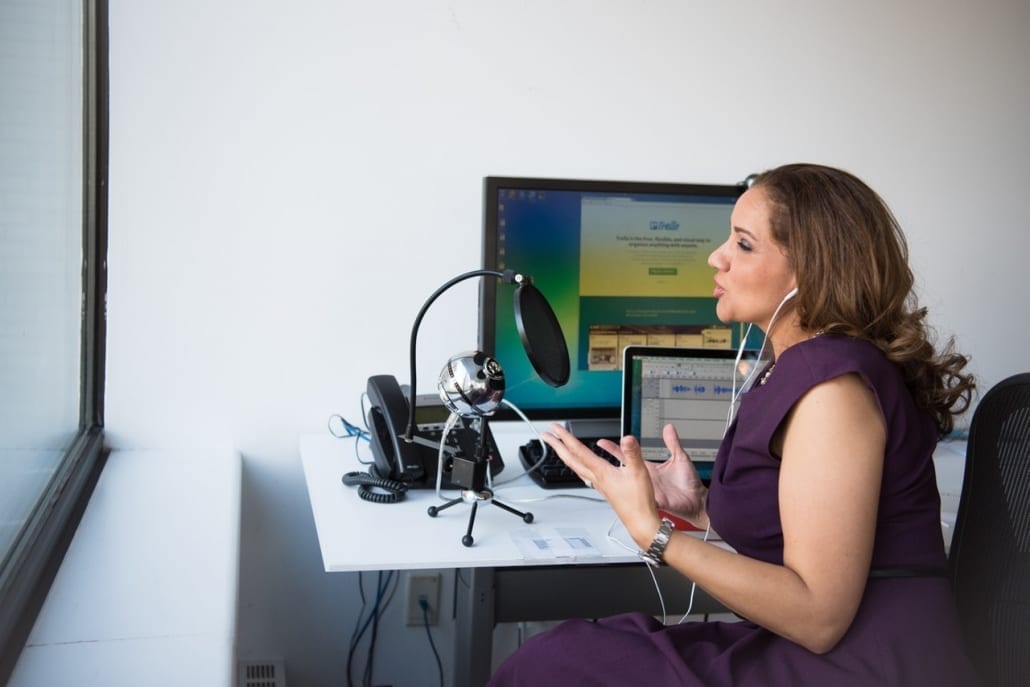How To Monetize Your Free Content Online
It’s interesting to see just how free content is being given online, in exchange to build communities and potential exposure. From YouTube content to Twitch streaming to a plethora of interesting podcasts, it’s easy to see just how the bulk of online content has shifted from upfront monetization to a subtler approach. There are reasons as to why this is. The on-demand nature of many services means that placing monetization gateways before access can prevent many people from engaging with the work from the get-go, and sometimes it’s best to draw people in before you expect a form of transaction.
There is also the issue of online piracy. Why allow people to steal your show when you could provide it for them on an upfront scale? Also, trends in how content is delivered in the first place (YouTube, Podcasts) are frequently offering access at no cost, and that has led to a culture of content providers feeling little pressure to publish content frequently.
Let’s say you run a podcast. How can you monetize this free content in a way that keeps your operation sustained? Consider the following methods:
Promotion
Just like paid content, you need to promote. In fact, you usually need to promote more in these instances. As well as your content being offered, you should also draw attention to your other means of monetization. This could be a business email address should sponsors wish to contact you. You could choose to use email marketing software to generate interesting copy, for news about your show, or to present new deals on offer via your store. You might archive old episodes and sell premium access to that. You may release certain content a day or two early, allowing paying or donating customers to access that in return. When promoting your goods, it’s important to direct to both a renewed interest and your monetization efforts in a mutual balance.
Merchandise
Merchandise is important to get right. To use the podcast example, using in-jokes from the show to create clothing with subtle text references could help your audience feel part of a secret club. Merchandise can also extend to premium lighters, mugs, pillow cases among many other things. Developing your brand to a strong and attractive point can help you sell these once in a while. Consider expensive, low availability items to generate the ‘limited edition mindset,’ helping you both rely on an easy to gauge income, and to help your listeners or general audience take action.
Funding Sites
There are many alternate funding sites that can be used to support content. In the wake of advertisers regulating content harshly on YouTube, more and more content creators turned to websites like Patreon, and crowdfunding sites like Kickstarter to help fund new content. Consider selling premium access to higher levels of your output, and you can be sure that a platform of support in exchange for better content or surrounding content can help you in no small degree.
With these simple monetization efforts, your content is sure to be easy to sustain in the long term.


 “Well begun is half done.”
“Well begun is half done.” If you run a business, you will most likely have a digital marketing strategy in place, and this will probably be one of the main methods in which you communicate with your current customers, and reach out to further potential customers as well. Utilizing your online platforms effectively can see you easily boost your business, but to do this, it is important to understand how best to use the online platforms that are available at your fingertips.
If you run a business, you will most likely have a digital marketing strategy in place, and this will probably be one of the main methods in which you communicate with your current customers, and reach out to further potential customers as well. Utilizing your online platforms effectively can see you easily boost your business, but to do this, it is important to understand how best to use the online platforms that are available at your fingertips. The less time and energy you waste on a daily basis, the more smoothly your business will run and the more you’ll get done. Run a more efficient business when you pay attention to a few aspects in particular and are proactive about making changes to how you’re currently functioning.
The less time and energy you waste on a daily basis, the more smoothly your business will run and the more you’ll get done. Run a more efficient business when you pay attention to a few aspects in particular and are proactive about making changes to how you’re currently functioning. Running a business is something that takes grit and resilience. This is because you’re likely to face many hiccups along the way as well as challenges as most businesses do. However, if you make a conscious effort to ensure you’re continuously learning, taking in new information, and keeping up with industry trends, you should find that your business continues to grow. Of the many key aspects of your business, finances are one of the most important. In light of this, you should continuously look for ways to ensure that your business finances are well managed. On that note, you’re going to find some key money management tips every business should consider below.
Running a business is something that takes grit and resilience. This is because you’re likely to face many hiccups along the way as well as challenges as most businesses do. However, if you make a conscious effort to ensure you’re continuously learning, taking in new information, and keeping up with industry trends, you should find that your business continues to grow. Of the many key aspects of your business, finances are one of the most important. In light of this, you should continuously look for ways to ensure that your business finances are well managed. On that note, you’re going to find some key money management tips every business should consider below.